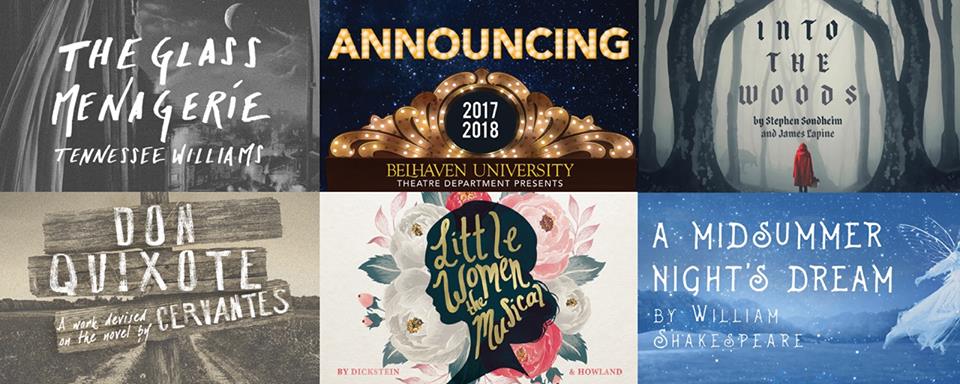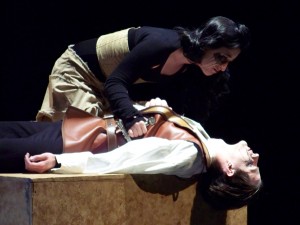I’m not usually one who likes to write director’s notes, but given the nature of our production’s experiment, it was necessary to give the audience a bit of a glimpse into our reason’s for the style of our presentation…
Romeo and Juliet is quite simply one of the most popular plays of the English language. It has been a crowd-pleaser since its initial presentation by the Lord Chamberlain’s Men in the late 1590s, and has been performed countless times all over the globe. The story, drawn from elements of the Pyramus and Thisbe story in Ovid’s Metamorphosis and the feud between the Montechi and Cappaletti families mentioned in Dante’s Divine Comedy, has inspired innumerous artworks, musical pieces, ballets, operas, plays, films, anime, and even a recent version of the tale created via Twitter feed. The tragedy of the star-crossed lovers has become so ingrained in the global culture that the image of the balcony scene and even the names of the characters are synonymous with young romantic love.
We have called our production of the play Juliet and Her Romeo for several reasons; to separate this production from a traditional staging of the play, because those are the last four words of the text, and the re-arrangement of the original title provided an opportunity to re-examine the relationship of the title characters. It is in the spirit of this third reason that we formulated the ‘experiment’ of this production.
The experiment was to take a play as iconic as Romeo and Juliet, and discover a way to break it down into its individual parts, to allow an audience the opportunity of examining those parts (the scenes) in a unique way, by attempting to treat each scene individually. This led to the decision to cast each of the scenes of the play individually, to have our eight actors constantly switching roles from scene to scene – someone playing Juliet may be the Nurse next, followed by Lord Capulet. Since each scene was to be treated individually, through rehearsal, we discovered that there were some scenes where a sense of pluralism, through having multiple actors play a single part at once, provided another layer to the scene. Creating a unique experience and view for each scene also led to our decision to alter the seating arrangement several times during the show, to physically change the point of view during the course of the performance.
This production would not be possible but through the brave and gracious efforts of the cast, crew, designers, technicians, artists and servants listed in the program. It is our sincere hope that our hard work will be a blessing to you, and bring glory to our God.
Joseph Frost
Chair of Theatre
Director, Juliet and Her Romeo

